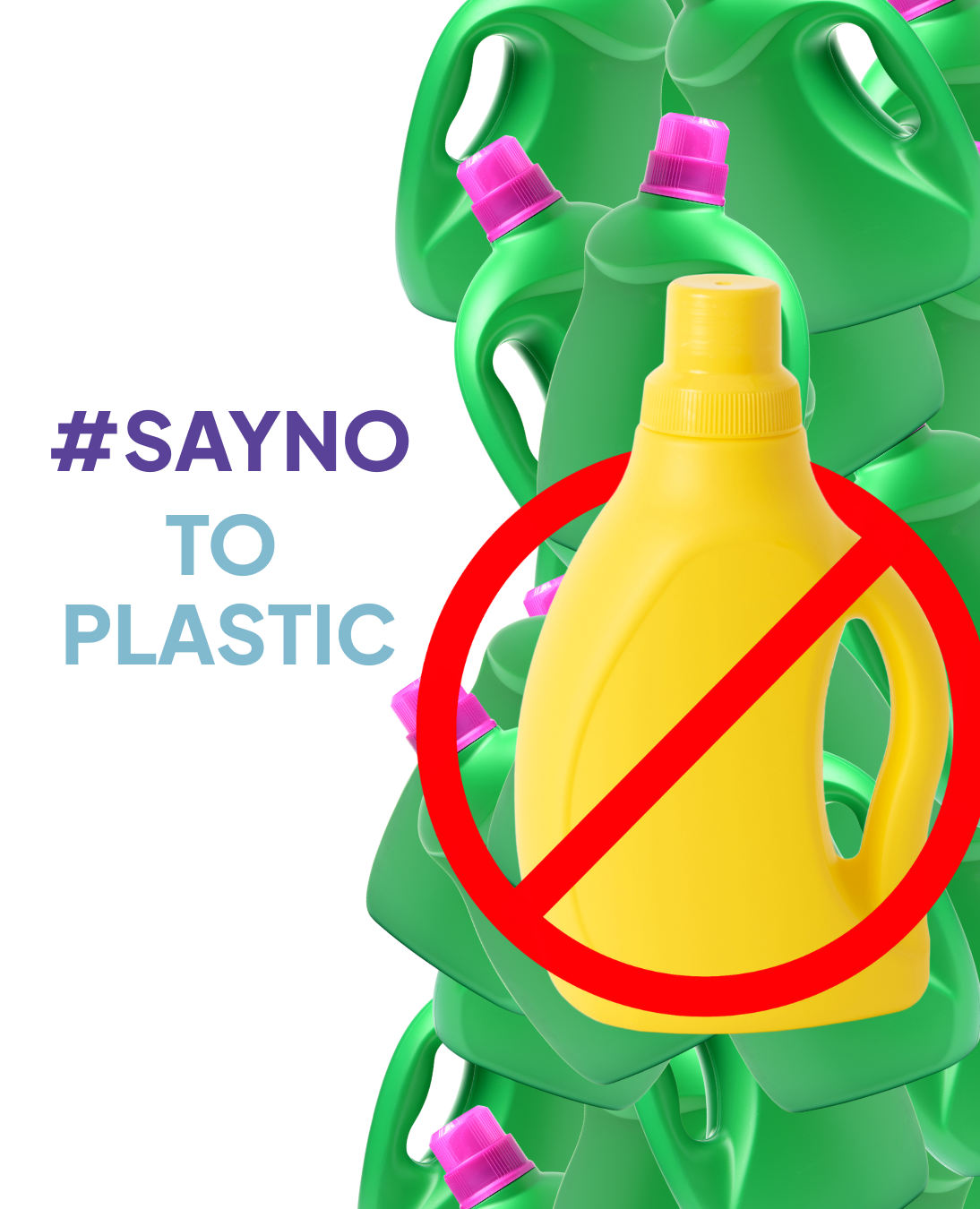In the digital age, where consumers are becoming increasingly aware of environmental issues, many companies have started to use greenwashing tactics. These strategies make them appear eco-conscious without making significant environmental commitments. This is particularly prevalent in industries like plastics, where superficial sustainability claims mask the deeper, unaddressed issues within the supply chain.
The Illusion of Plastic Recycling
While the concept of recycling plastics seems promising, the reality falls short. Most plastics degrade in quality each time they are recycled, severely limiting their reuse potential. Investigations reveal that due to economic and technical constraints, only a minor fraction of plastics actually get recycled. Notably, the complex recycling process often releases carcinogens and other pollutants, further detracting from its supposed environmental benefits.
The Environmental Cost of Plastic Use
The environmental impact of plastic use is staggering. In the United States alone, 37 million tons of plastic are consumed annually, with 16 million tons attributed to single-use plastics in the food service industry. This amounts to about 100 pounds of food-related plastic per person each year. Even when plastics like PET (used in water bottles) and HDPE (found in detergent bottles and bags) are recycled, they eventually reach a point of diminishing returns, where they can no longer be effectively reused.

The disconnect between greenwashing and actual environmental impact is becoming increasingly apparent to consumers. A Nielsen poll indicated that 66% of global consumers are willing to pay more for genuinely sustainable products. The most popular consumer action against environmental degradation is reducing the use of single-use plastics. However, vague and unverified claims such as "green," "eco-friendly," and "biodegradable" often mislead consumers, making it challenging to make informed choices.
The Path Forward
Despite the prevalence of greenwashing, there is a growing movement among consumers and some businesses to demand and implement real environmental solutions. With Dubai recently having banned single-use plastic bags, more rigorous legislative actions are needed. However, there is also an opportunity for businesses to truly lead in sustainability, moving beyond mere lip service to enact genuine, impactful environmental policies.
As consumers, businesses, and policymakers become more educated and demand greater transparency, the potential for significant environmental change increases. The key lies in genuine commitment and action, moving away from the superficial allure of greenwashing towards real, sustainable practices that protect our precious environment for future generations.
The Illusion of Plastic Recycling
While the concept of recycling plastics seems promising, the reality falls short. Most plastics degrade in quality each time they are recycled, severely limiting their reuse potential. Investigations reveal that due to economic and technical constraints, only a minor fraction of plastics actually get recycled. Notably, the complex recycling process often releases carcinogens and other pollutants, further detracting from its supposed environmental benefits.The Environmental Cost of Plastic Use
The environmental impact of plastic use is staggering. In the United States alone, 37 million tons of plastic are consumed annually, with 16 million tons attributed to single-use plastics in the food service industry. This amounts to about 100 pounds of food-related plastic per person each year. Even when plastics like PET (used in water bottles) and HDPE (found in detergent bottles and bags) are recycled, they eventually reach a point of diminishing returns, where they can no longer be effectively reused.
The disconnect between greenwashing and actual environmental impact is becoming increasingly apparent to consumers. A Nielsen poll indicated that 66% of global consumers are willing to pay more for genuinely sustainable products. The most popular consumer action against environmental degradation is reducing the use of single-use plastics. However, vague and unverified claims such as "green," "eco-friendly," and "biodegradable" often mislead consumers, making it challenging to make informed choices.
The Path Forward
Despite the prevalence of greenwashing, there is a growing movement among consumers and some businesses to demand and implement real environmental solutions. With Dubai recently having banned single-use plastic bags, more rigorous legislative actions are needed. However, there is also an opportunity for businesses to truly lead in sustainability, moving beyond mere lip service to enact genuine, impactful environmental policies.As consumers, businesses, and policymakers become more educated and demand greater transparency, the potential for significant environmental change increases. The key lies in genuine commitment and action, moving away from the superficial allure of greenwashing towards real, sustainable practices that protect our precious environment for future generations.
Join Baya and #SAYNO to greenwashing and to single-use plastic which is polluting our world. Together, we can make a difference!


